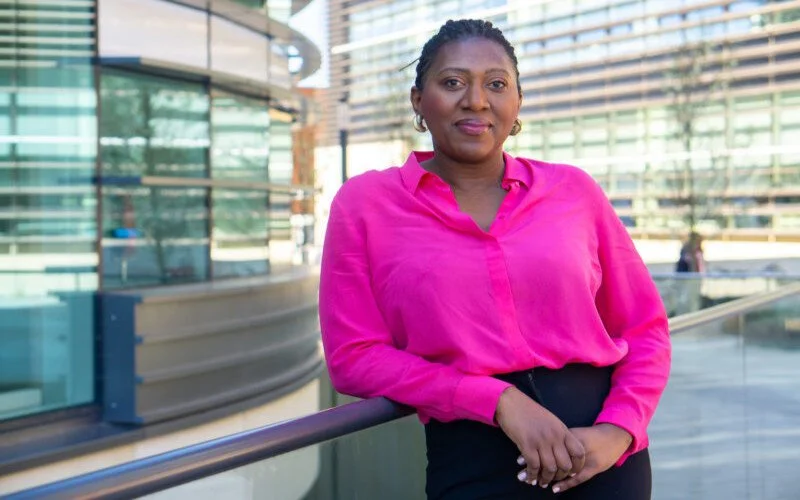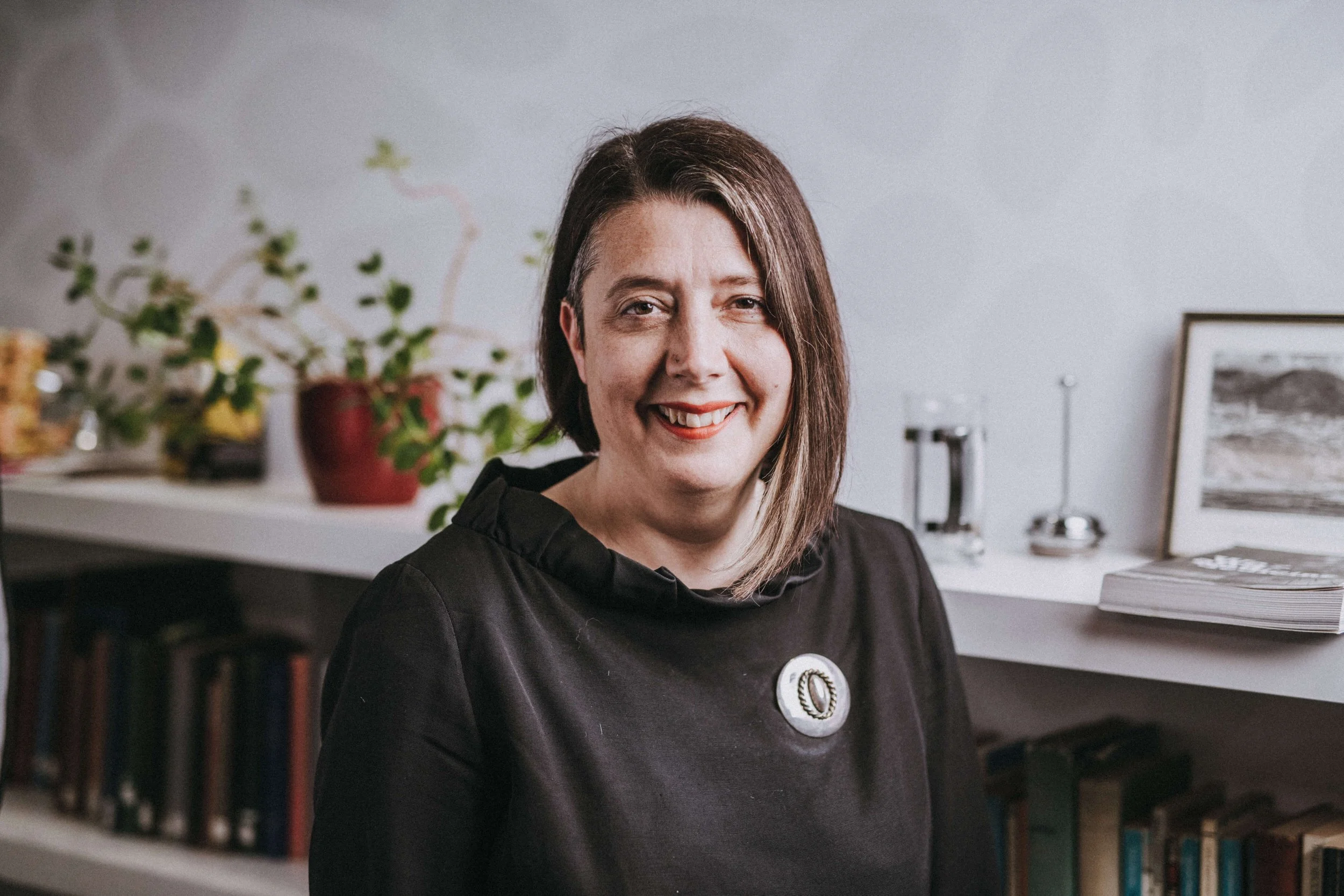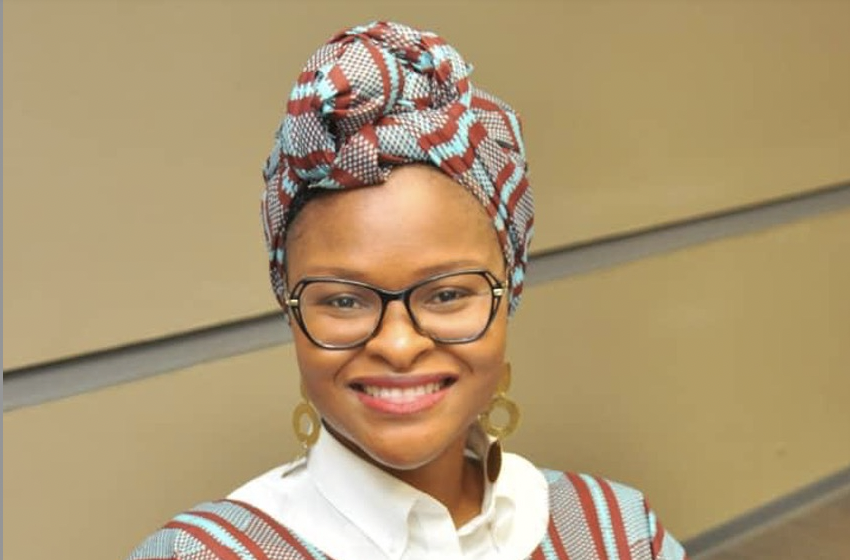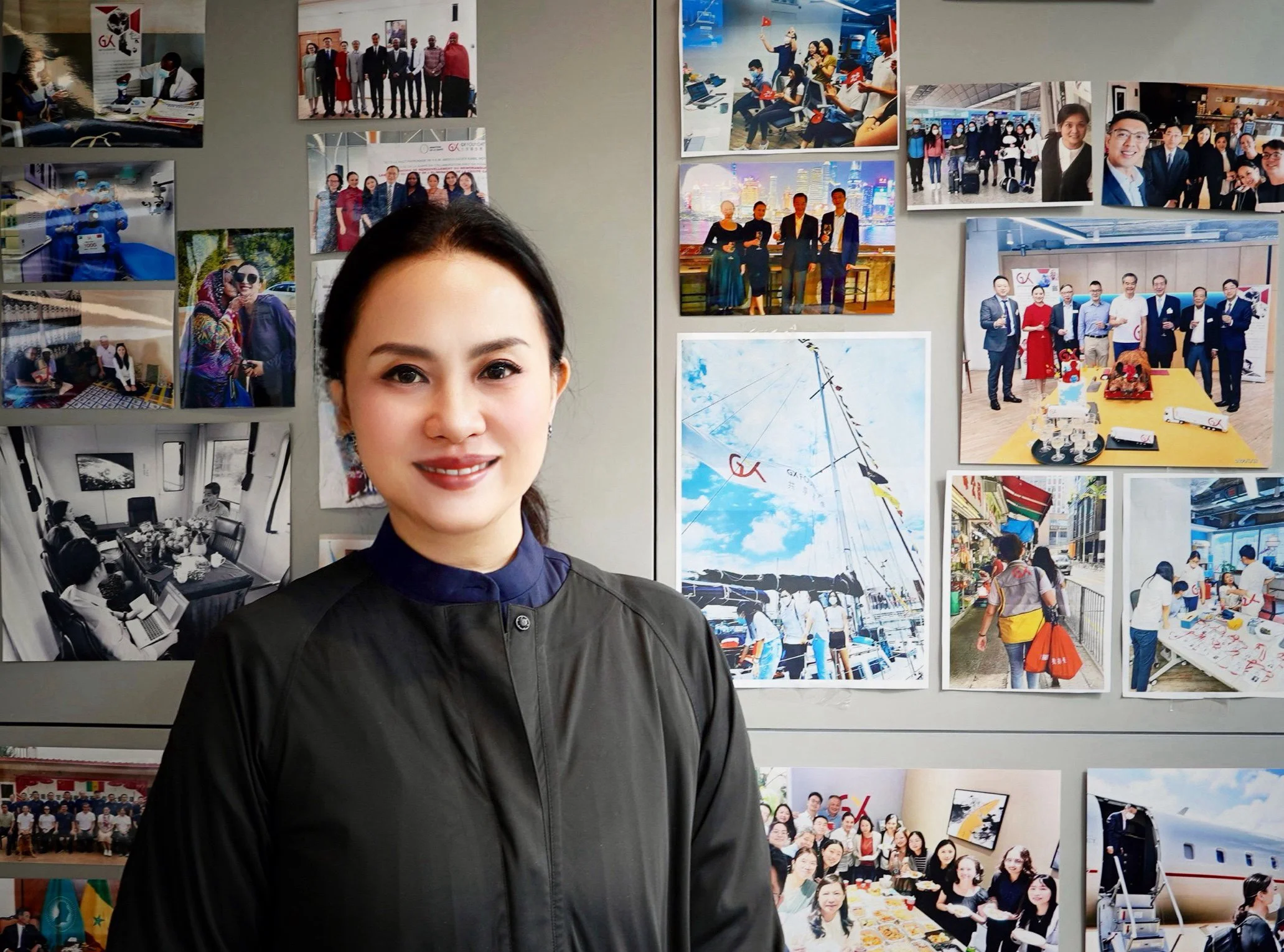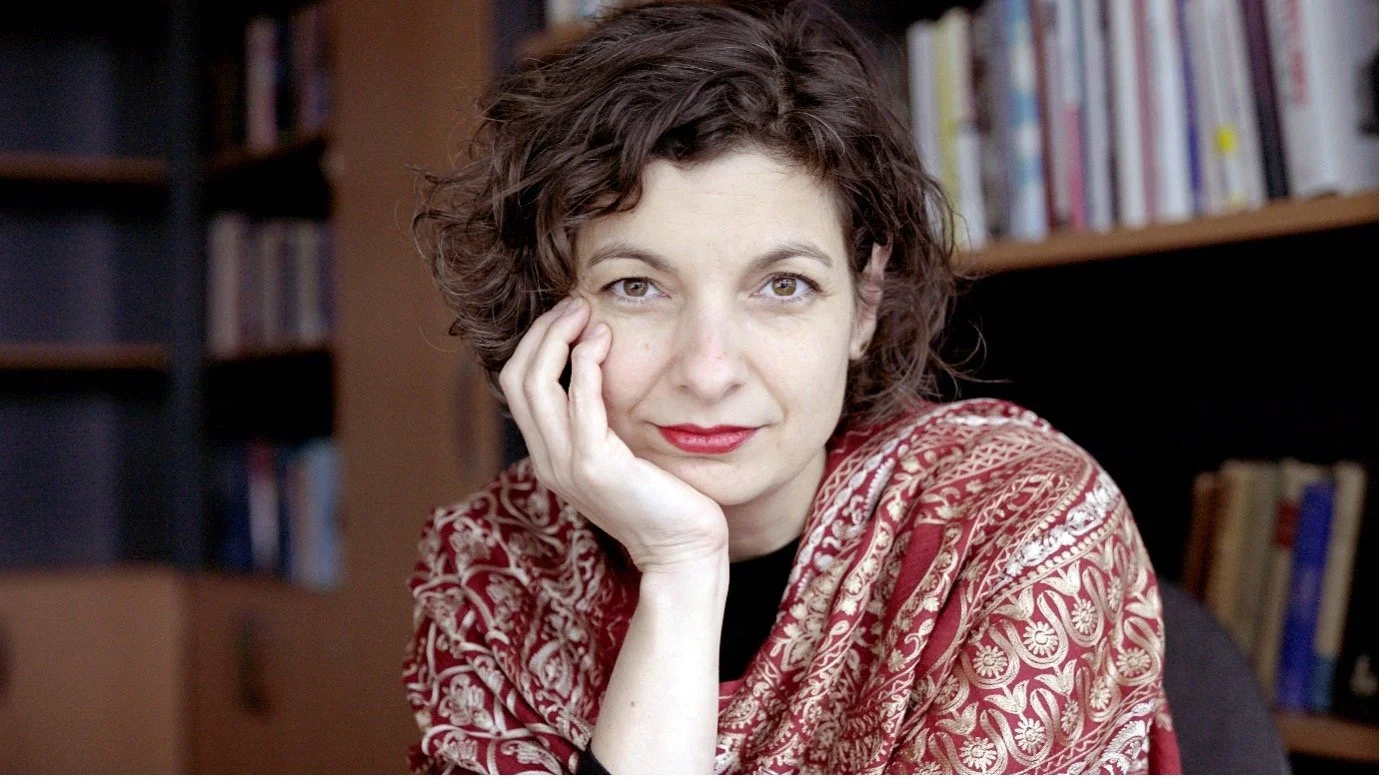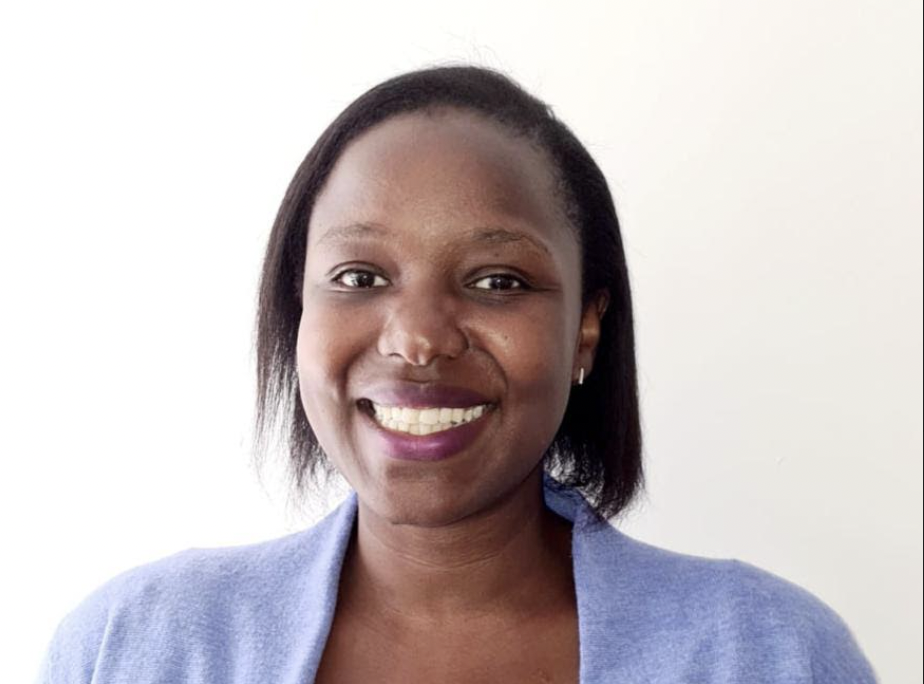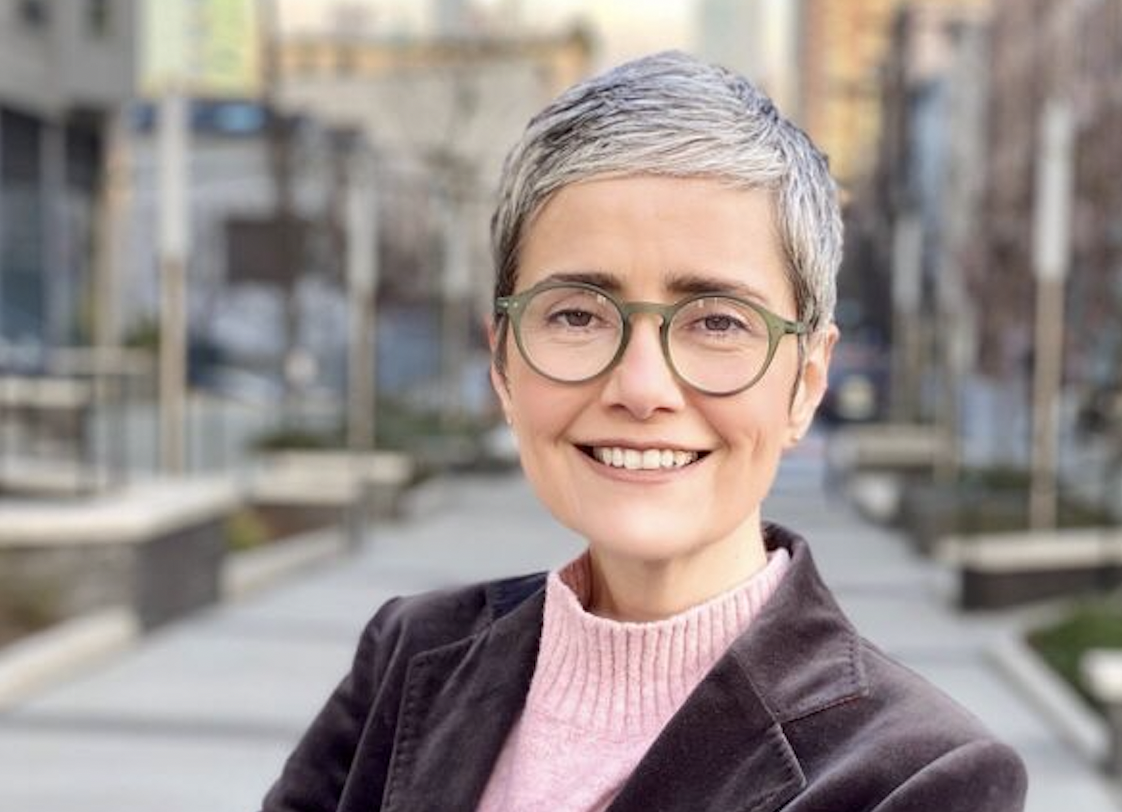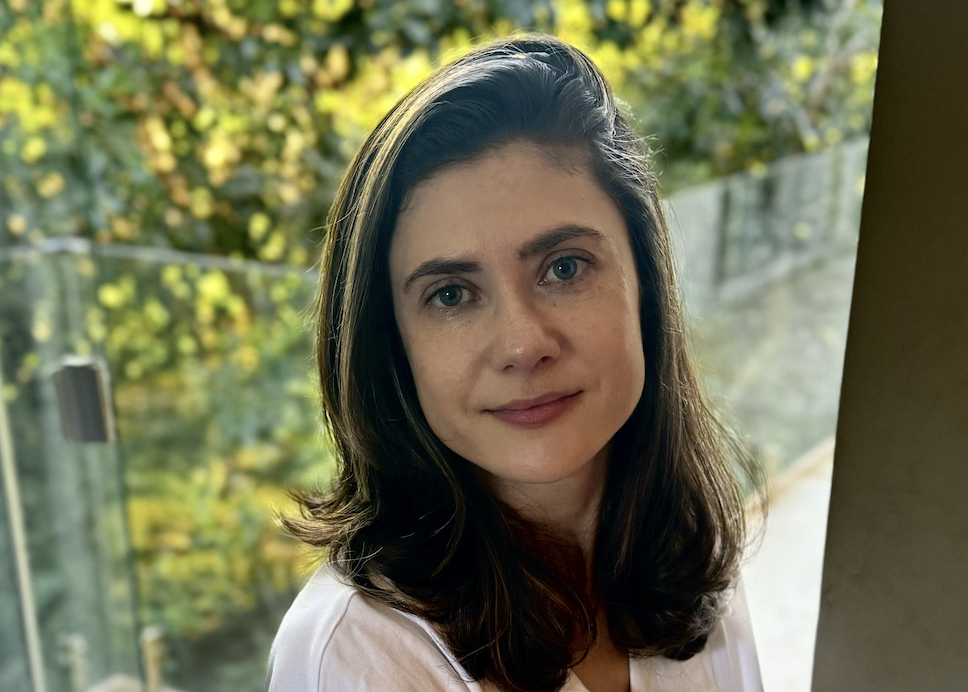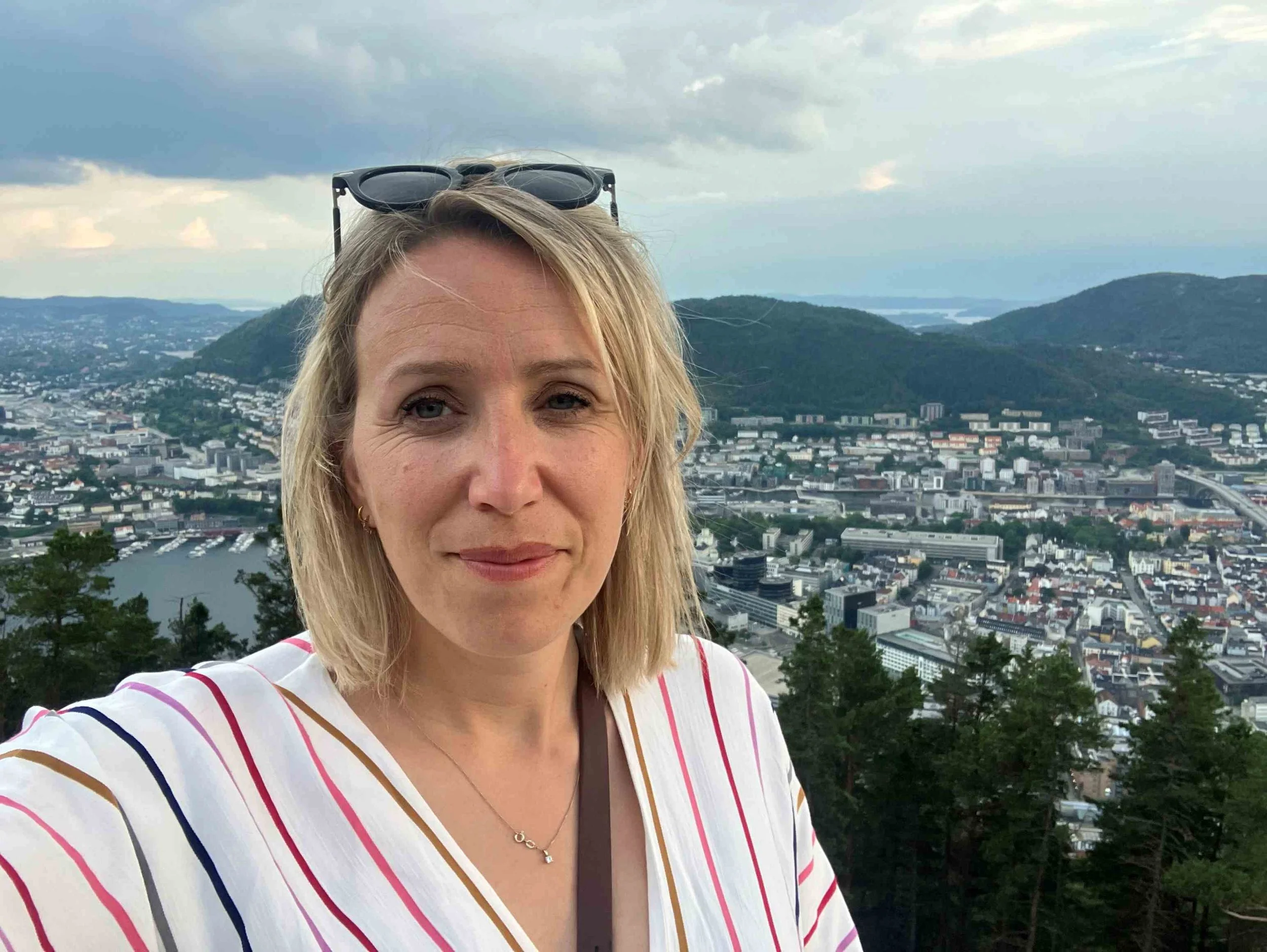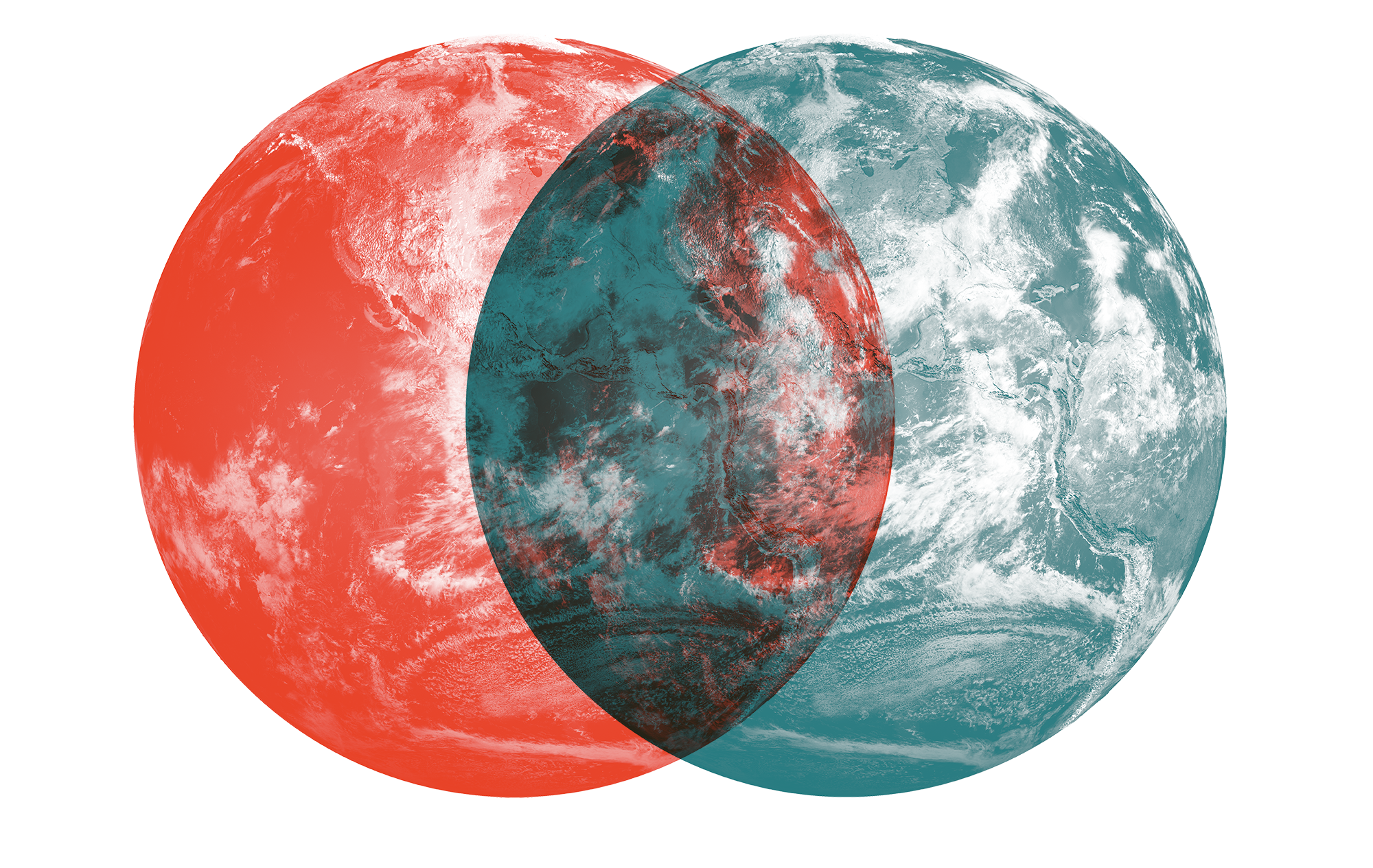Who decides when something has ended?
How do different ideas of the end reproduce pre-existing structural inequalities?
What would a focus on after the end of events mean for the way we think about time?
We live in a world that tends to structure our experiences through narratives of a clear ‘beginning-middle-end’. ‘The end’ implies that something is over; however, real life is much messier. In many different areas of post-COVID life, we are questioning what ‘the end’ means: what happens when several ideas of an ending exists and when one person’s ending does not sync with another’s?
Today, uncertain trajectories, the ‘slow violence’ of environmental degradation, passive attrition of many diseases, and drug resistances question ideas of a singular extinction event and finality.
Official announcements of ‘the end’, are often arbitrary and unstable. Furthermore, they can distract from important counter-narratives and undermine social, environmental, political and epistemic justice when those ‘left behind’ are excluded from discussions of whether the end has been achieved, or is achievable, and if so when and how.
The central premise of this research programme is that our understanding of time (shaped by the idea of a clearly discernible beginning, middle and ending) frames our use of resources, our ethics and care in ways which exclude important counter-narratives of what happens afterwards, and what continues or endures. The project seeks to challenge this approach.
OVERVIEW
OVERVIEW
The After the End project is an ambitious, multi-sited, long-term research project that involves a strong collaboration of interdisciplinary researchers from all over the world seeking to explore and understand different experiences of living through ends, living after the end, and equitable policies that take different ideas of ends and endings seriously. Through surveys, in-depth interviews, archival research and historical and literary examinations we seek to distinguish between ‘ending’ and ‘closure’ and counter dominant narratives of the end which make the pain, suffering and experiences of the least powerful invisible.
Drawing on an interdisciplinary approach involving historians, sociologists, epidemiologists, psychologists, bioethicists, literary and legal scholars, philosophers and policymakers, this timely and important research has two synergistic empirical and normative aims:
To explore lived experiences of time and temporality of endings of crises, to capture counter-narratives and their implications for future practices, responses and policies, and
To provide an account of the moral and ethical obligations and responsibilities of global health institutions in the aftermaths of crises to health.
From detailed comparative research in three countries, including ethnographic, cognitive time-perception and archival methodologies, we will foreground the people, places, processes and policies to capture everyday experiences of endings and aftermaths in context.
THE TEAM
WhERE WE WORK
We are currently working in the UK, Sierra Leone, Brazil and across South-east Asia and China among a diverse range of communities with lived experiences of different form crises that have been declared over.


